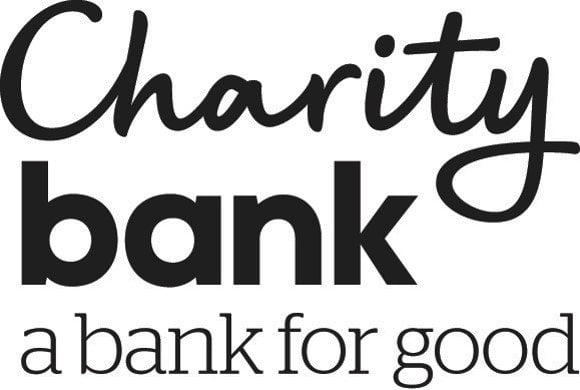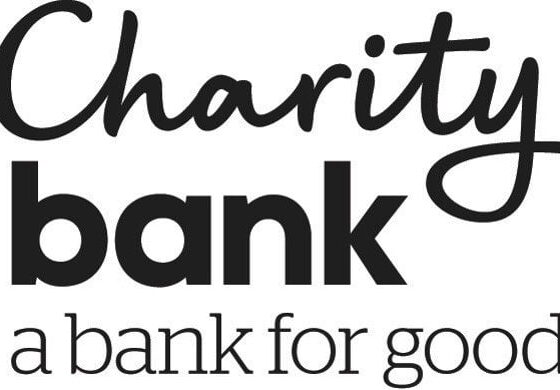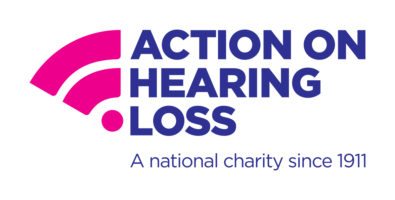

Features
UK’s founding B Corporations: Charity Bank
Charity Bank is an independent ethical bank with a social purpose. It provides loans to charities and social enterprises on beneficial terms with the support of personal and organisational savers. Every single one of its shareholders is either a charitable trust, foundation or social purpose organisation. The bank does not operate a staff bonus scheme. The Chairman and board of Charity Bank are unpaid, giving their time voluntarily.
In 140-characters or less what does being a B Corporation mean for your organisation?
For Charity Bank, joining the B Corp movement was a no-brainer, a way to work together to raise the profile of ethical business.
What were the biggest internal barriers to achieving B Corp accreditation?
Internal barriers weren’t a major challenge for us as we were already set up along the lines of a B Corp. Charity Bank exists to make loans to charities and social enterprises and to help people invest their savings ethically. Since we were founded in 2002 our ambition has been to a build a bank with strong values and ethics, which uses money to better society: a bank that only works for good. The charitable objects in our Articles of Association set out our mission, which is closely aligned to the social and environmental ethos which B Corp advocates.
Will it change how you do business and/or who you do business with?
It won’t change how we do business but will help us raise awareness of the practice of banking for good. Accreditation has helped us promote the idea of positive screening in banking (only investing where people and communities benefit) within a wider community but hasn’t changed how we operate.
There are 3,571,105 companies in the UK and 61 B Corps – how do we reach the point where every company in the UK is B Corp-ready?
Awareness-raising, advocacy and certification are just some of the tools required for change. The presence and profile of the B Corp label will certainly help other businesses see that people look for ethically-sourced products, save with ethical banks, opt for companies with a moral compass and avoid those without ethics where they can.
As more companies begin to follow the logic that delivering quality and looking after the interests of the wider community in which they operate leads to business success and longevity, there could be some serious change on the horizon, albeit slow-burning. There is already evidence to this effect. As movements like B Corp grow, we’re optimistic that business as usual can become something much more positive.
Is corporate action commensurate with the environmental and social challenges we face, and responsibilities we have, as a one the world’s leading economies?
If you follow the money in the banking system you find that it ends up in some very unsavoury destinations. This is well documented. Because we all rely on the banking system we can end up tacitly supporting banks that are helping the arms trade, gambling and tobacco industries or investing in sectors where workers are exploited or environments damaged. From this perspective corporate action is severely out of touch with needs of our environment and communities across the globe. It is something ethical banks seek to address. Increasingly there are ways to move your money in support of an approach banking anchored by strong ethics.
Read about three other UK’s founding B Corporations


 Environment12 months ago
Environment12 months agoAre Polymer Banknotes: an Eco-Friendly Trend or a Groundswell?

 Features11 months ago
Features11 months agoEco-Friendly Cryptocurrencies: Sustainable Investment Choices

 Features12 months ago
Features12 months agoEco-Friendly Crypto Traders Must Find the Right Exchange

 Energy11 months ago
Energy11 months agoThe Growing Role of Solar Panels in Ireland’s Energy Future





























